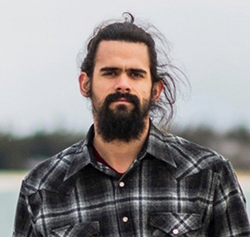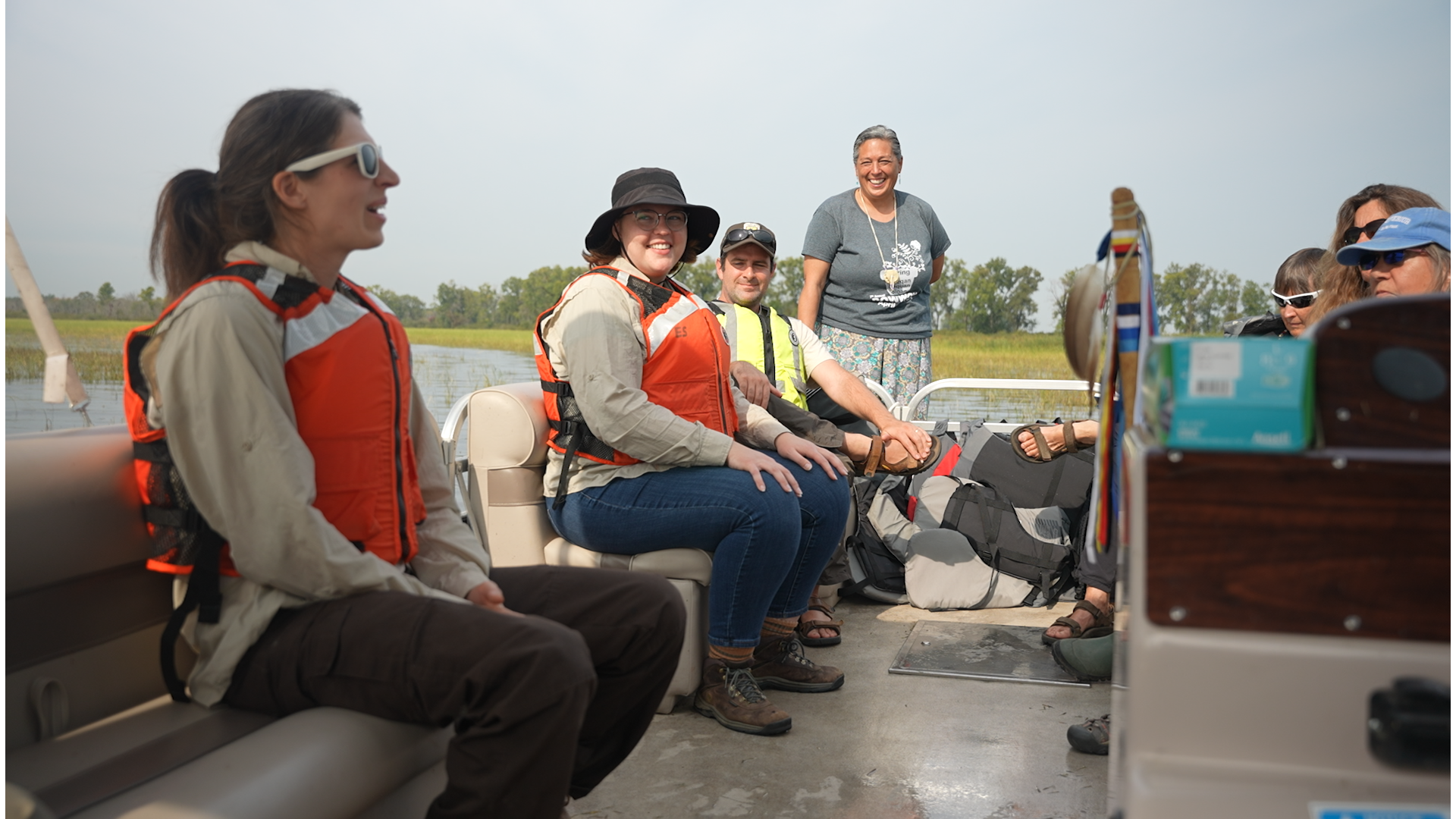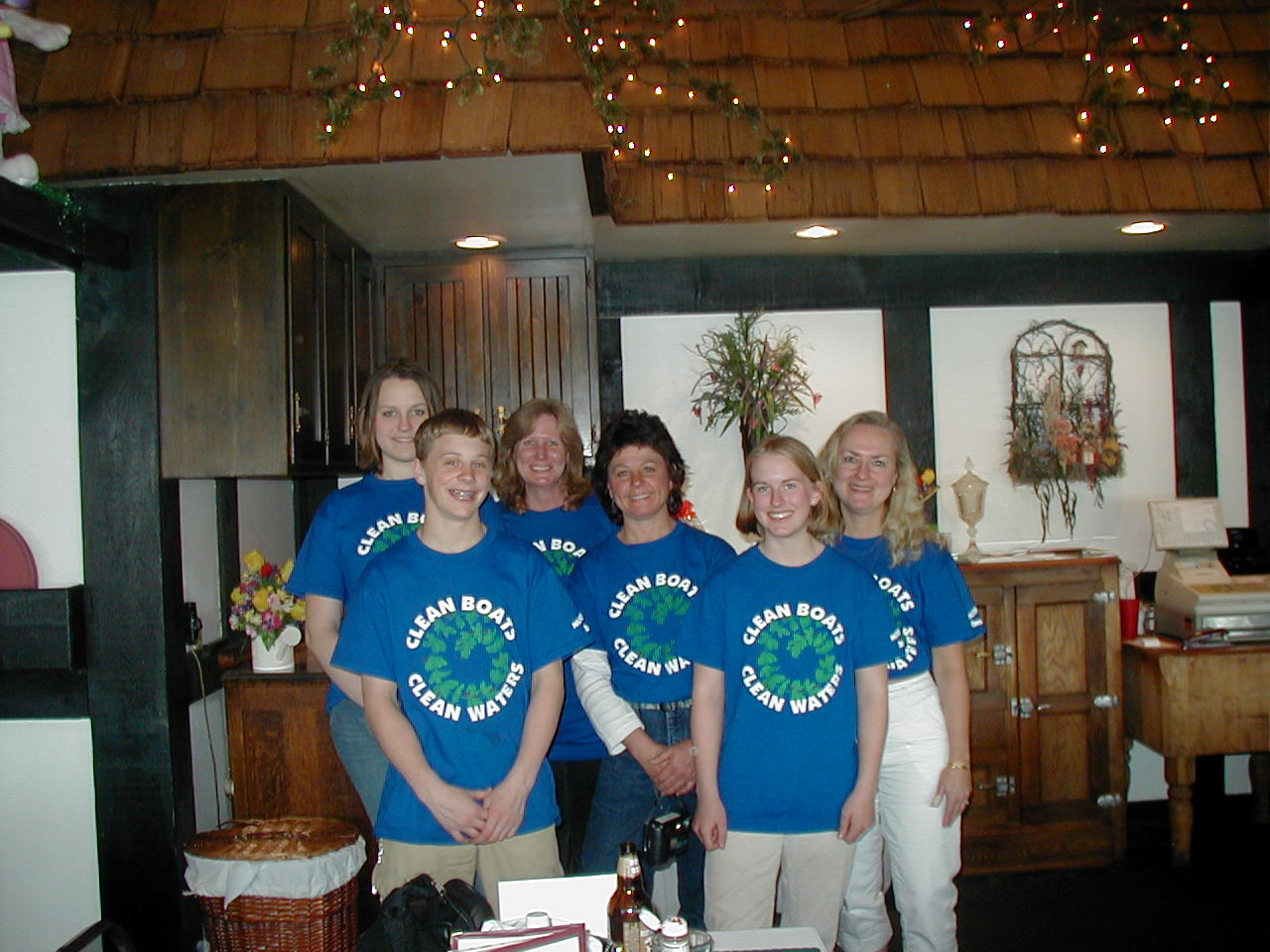Wisconsin’s Sea Grant’s “Lake Talks,” a series of informal science presentations, returns for the fall season with an event on Thursday, Sept. 23, from 7-8 p.m. Kicking off the new season is speaker Jackson Parr, the J. Philip Keillor Flood Resilience-Wisconsin Sea Grant Fellow. His talk is titled “Understanding Flood Resilience in Your Community.”
The virtual event will be held on Zoom. It is open to everyone, though registration is required. (Register for this event now.) The hour will include time for audience questions.
The Keillor Flood Resilience Fellowship is jointly supported by Wisconsin Sea Grant and the Climate and Health Program at the Wisconsin Department of Health Services (DHS), where the fellow is stationed. The goal of the position is to boost resilience to flooding events in communities around the state—particularly smaller ones that may have less capacity or fewer resources to devote to this issue than larger municipalities.

Jackson Parr (submitted photo)
Parr’s topic is a timely one, as flooding and other damage from Hurricane Ida has captured the concern of the nation. While Wisconsin does not face hurricanes, other severe weather events have caused damage and displacement here. For example, widespread and significant flooding in the southern portion of the state in 2008 led to 31 counties being declared disaster areas. According to the National Weather Service, more than 40,000 homes and 5,000 businesses were damaged, and state officials estimated the total damage at more than $1.2 billion.
In his talk, Parr will describe a tool called the Flood Resilience Scorecard, which helps communities assess their level of flood preparedness through three lenses: environmental, institutional and social. The tool also assesses readiness for dealing with the health impacts that often follow floods. Parr and colleagues at DHS and Sea Grant work with communities on completing the scorecard, and, based on the outcomes, they help those communities take action to boost their readiness.
Parr is well-versed in Wisconsin communities as both a former Door County journalist and a two-time graduate of the University of Wisconsin-Madison. He holds master’s degrees in public affairs and water resources management.
Future Lake Talks this fall will focus on Wisconsin shipwrecks (October); Great Lakes children’s literature by Native American authors (November); and a conversation with Minnesota-based poet Moheb Soliman, who draws upon his Great Lakes travels in his work, including his most recent poetry collection, HOMES (December). Those talks will also be delivered via Zoom.
For Lake Talks event and registration information, visit the Sea Grant website, or follow Wisconsin Sea Grant on Facebook or Twitter. You can register for Jackson Parr’s talk now.
For questions about this series, contact Wisconsin Sea Grant science communicator Jennifer Smith.





